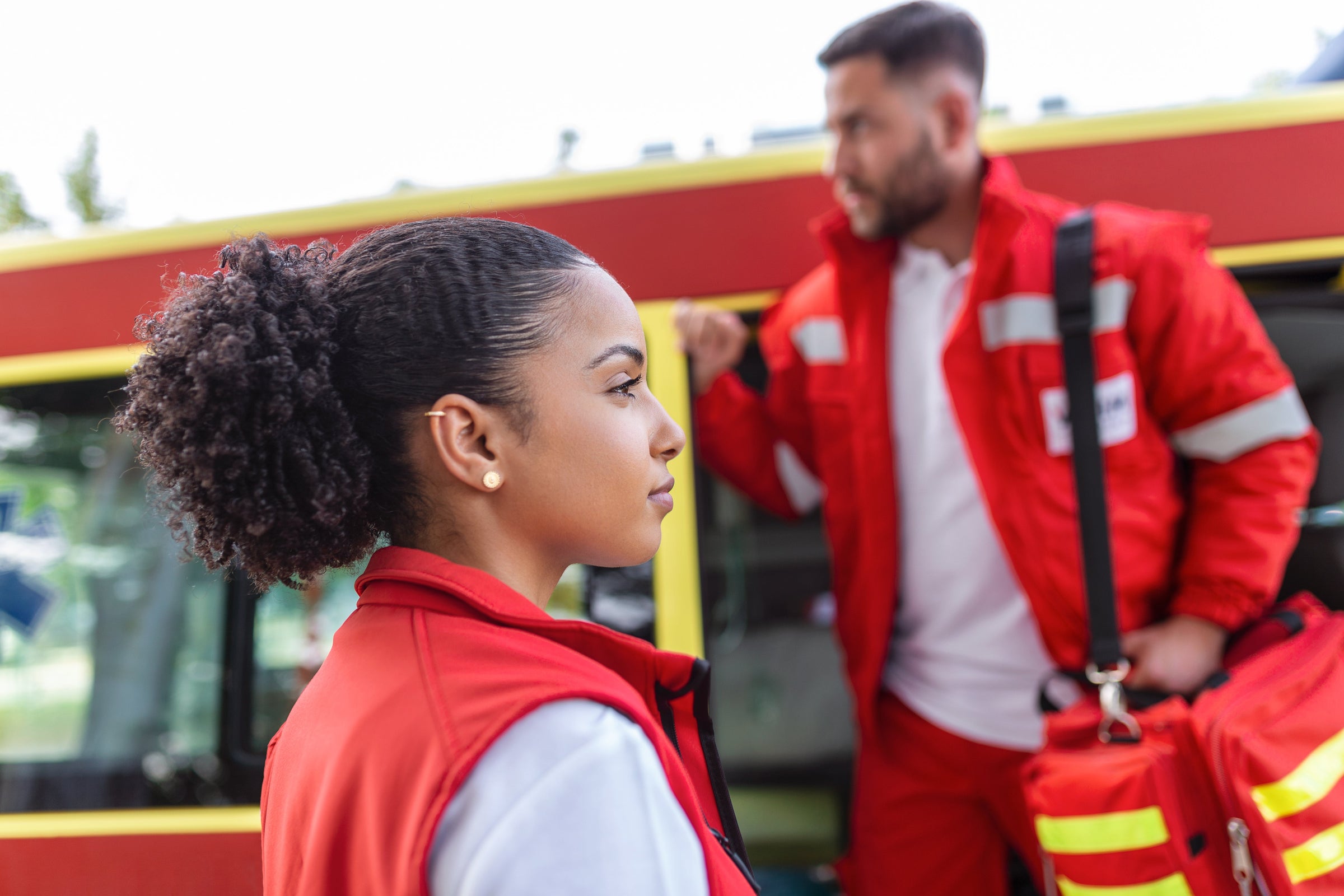Why Prepping Has Stayed in the Shadows Until Now and How to Share it with Others
Posted on November 23 2024,
For years, prepping has been a topic shrouded in secrecy and often stigmatized. This is why a "shadow prepper" is someone who prepares in secret.
We believe it's time to cast a light into the shadows! Many people who prepared for emergencies were portrayed in media as paranoid doomsday individuals stockpiling goods in underground bunkers. These exaggerated portrayals led people to believe that prepping was something to be done in isolation, hidden from others to avoid judgment or unwanted attention.
However, as the world faces increasingly visible challenges — natural disasters, global pandemics and supply chain disruptions — prepping is stepping into the mainstream.
Here’s why prepping has historically been kept quiet and how to responsibly and effectively bring it out in the open today.
Why Prepping Has Been a Private Affair

1. Fear of Judgment
For decades we have trusted government institutions to handle emergencies. Those who prepared independently were seen as distrusting, paranoid and overly cautious. This judgment discouraged many from openly discussing their preparations fearing they would be mocked or misunderstood. They prepared behind the scenes and in the shadows...they are shadow preppers.
2. Security Concerns
Preppers often kept quiet to avoid becoming targets during a crisis. As an example, if people know about your stockpile of food, water and supplies, they might show up uninvited during a disaster.
3. Media Stereotypes
TV and news often sensationalize preppers by focusing on extreme cases. This has created a perception that prepping is a fringe activity rather than a practical, responsible approach to life and everyday preparedness.
4. Lack of Community Support
Prepping was traditionally seen as an individual effort rather than a community one. Without networks of like-minded people, many preppers felt isolated and hesitant to share their efforts with friends, family and neighbors.
Why It’s Time to Share About Prepping

The world is changing and so is the conversation about preparedness. Here’s why sharing about being a shadow prepper is becoming more important and accepted:
1. Shared Challenges Are Increasing
From natural disasters to pandemics and cyberattacks, more people are experiencing disruptions in their daily lives. As a result, the need for preparedness is becoming universally understood, across regional, religious and political barriers.
2. Building Resilient Communities
Preparedness is not about individual survival, it’s about creating resilient communities. When neighbors and friends are prepared everyone’s chances of weathering a crisis drastically improves.
3. Shifting Perceptions
The stigma surrounding prepping is fading as people recognize its practicality. Governments and organizations now openly encourage emergency preparedness, normalizing the conversation.
4. Strength in Numbers
Prepping shouldn't be a solo effort. Sharing knowledge, information and resources with others can strengthen bonds and reduce the burden on any one person.
How to Talk About Prepping With Others
Discussing prepping can feel daunting, especially if you’ve kept it private for a long time. Here’s how to approach the conversation effectively:
1. Start With Shared Experiences
Mention recent events that highlight the importance of preparedness such as a storm that caused power outages or a supply chain disruption that led to empty shelves. This creates common ground without sounding alarmist.
2. Frame It as Practical, Not Extreme
It's best to emphasize that prepping isn’t about "doomsday" scenarios but about being ready for everyday emergencies. Talk about having an emergency kit, extra food or a family communication plan—things anyone can relate to.
3. Share Knowledge, Not Fear
Focus on empowering others rather than scaring them. Share tips, resources and your own experiences in a positive and approachable way.
4. Offer to Collaborate
Invite others to prepare with you. For example, suggest splitting costs on bulk emergency supplies or organizing a neighborhood preparedness meeting. This fosters a sense of teamwork and community.
5. Respect Boundaries
Not everyone will be ready to embrace prepping. Avoid pushing the conversation too hard and respect people’s comfort levels. Planting the seed of the idea is often enough to spark future interest.
What to Share With Others

When you’re ready to share your prepping knowledge with friends and neighbors, consider discussing the following:
-
Basic Emergency Kits: What to include and where to store them
-
Simple Preparedness Steps: How to store water, create a food stockpile or build a go-bag
-
Local Risks: Tailor the conversation to your area, such as preparing for earthquakes, hurricanes or wildfires
-
Community Resources: Highlight local emergency services, shelters and training opportunities
-
The Importance of Mindset: Encourage others to think proactively and stay calm in emergencies
The Benefits of Sharing Prepping
By opening up about prepping, you can:
-
Reduce Stigma: Normalize preparedness as a practical, responsible activity
-
Strengthen Relationships: Build trust and camaraderie with friends, family and neighbors
-
Improve Outcomes: A prepared community is better equipped to handle crises, reducing the burden on individuals
-
Inspire Action: Your example might motivate someone else to start preparing, creating a ripple effect
Conclusion
By sharing your knowledge and encouraging others to prepare, you can help create a culture of resilience and cooperation. Start small, approach the conversation with empathy and practicality, and remember that the goal is not only to survive but to thrive together in challenging times. The more we support each other, the stronger we all become.



0 comments